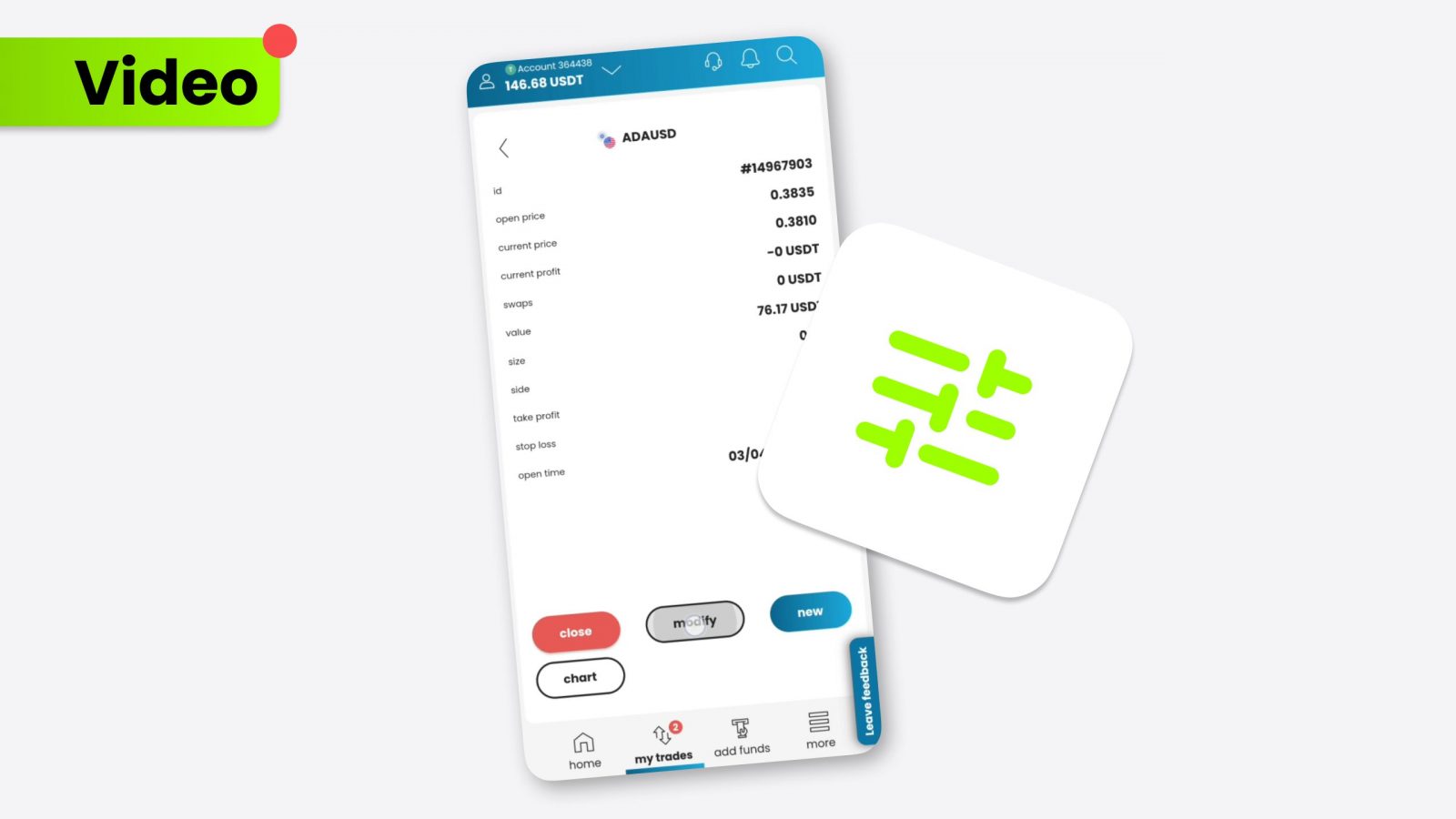Proof of work (PoW) is a fundamental concept in the world of blockchain and cryptocurrency that serves as a mechanism to confirm transactions and add new blocks to the chain. PoW has become essential in mining and validating new transactions in various cryptocurrencies, notably Bitcoin.
- Exploring the role of PoW in maintaining blockchain security and integrity.
- Examining how PoW impacts the efficiency of blockchain networks.
- Discussing the environmental implications of PoW due to its high energy consumption.
What is proof of work?
Proof of work ensures that all participants in the network agree on the transaction record, preventing fraud and ensuring that each participant’s copy of the digital ledger is consistent with others.
It accomplishes this by requiring a computationally intensive task that is hard to perform but easy for others to verify. PoW is crucial in fostering trust and security within a decentralized system without a central authority to verify transactions in cryptocurrencies such as Bitcoin.
Proof of work explained
Proof of Work requires network participants (miners) to solve complex mathematical puzzles to validate transactions and create new blocks. This process demands significant computational power and energy as the puzzles become increasingly complex. The complexity of these puzzles ensures the network’s security by making it prohibitively expensive and time-consuming to attempt fraudulent activities or double-spending.
The first miner to solve the puzzle and validate the block is rewarded, usually in the form of the cryptocurrency involved, which incentivizes miners to maintain network security and transaction verification.
Proof of work: mining dynamics in Bitcoin
The mining process is critical for creating new coins and maintaining the network’s transaction history. This PoW mining secures the network, processes transactions, and gradually introduces new coins into the system, which can control inflation. Additionally, this method of minting new coins via mining helps distribute new coins decentralized and adds to the overall robustness of the Bitcoin network.
PoW’s impact on Bitcoin’s network stability
In the context of Bitcoin, proof of work is used to validate transactions and mine new blocks. Each block contains a cryptographic hash of the previous block, linking them in a chain, which helps prevent any attempt at modifying the information contained in the parts of the blockchain. The Bitcoin network adjusts the difficulty of the mathematical problems to ensure that a new block is added approximately every ten minutes, maintaining stability and security. This regular interval is crucial for preventing sudden changes in the network’s hash rate and ensuring the blockchain remains tamper-proof and secure.
Conclusion
Proof of Work remains a pivotal technology in cryptocurrencies despite growing concerns over its environmental impact due to the energy-intensive nature of mining. It is crucial for ensuring the security and validity of transactions in blockchain networks. While alternative consensus mechanisms like proof of stake have been developed to address some of these issues, PoW continues to be widely used, particularly in securing the Bitcoin network. The ongoing evolution of blockchain technology may yield improvements that optimize the energy efficiency of PoW or elevate newer, less resource-intensive methods to prominence.

















































